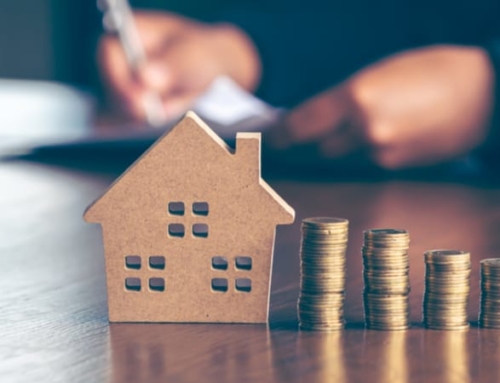Q: I have $60,000 in an IRA that has not been managed well since 1998, but that’s a question for another time.
Here’s my situation: I owe $30,000 on my house with an interest rate of 6.785 percent. The loan will be paid off in about 7 years. I would love to get out from under the house payment of $730 per month and put an additional $500 per month into my 401(k) plan at work.
What do you think about taking $30,000 out of my IRA to pay off my house loan. I know I’ll pay taxes and perhaps a penalty on the money, but in my view, the end justifies the means. Would I be able to retire earlier?
A: I don’t think much of your plan because if you crunch the numbers, you’ll see that robbing your IRA to pay off your current loan isn’t going to make it easier to retire — it’s going to put it off longer.
Cashing out your 401(k) to pay off a low-interest home loan makes no sense at all. You’ll pay up to 35 percent in federal tax, plus state taxes, plus a penalty of 10 percent if you’re under 59 1/2 years old.
All in all, you’ll have to cash out just about your entire $60,000 in retirement savings to pay off a $30,000 loan that’s at a relatively low interest rate — and by the way, you’re basically done paying interest on the loan so you’re only repaying principal at this point.
And then what’s your plan? You’re going to repay your 401(k) plan $500 per month, or $6,000 per year? It’ll take you 10 years just to get back to where you are today, and in the meantime, your $60,000 could have grown to $120,000 if you earned a return of just 7.5 percent per year on your money.
I’d advise against tapping your IRA for anything other than life-threatening emergencies. And by the way, if your IRA isn’t being well-managed, then you should do some research at Morningstar.com and find some better investments.
March 22, 2007.






This answer was provided on March 22, 2007, when the S&P 500 Index was at 1436. Today, 3.5 years later, I see that it is at 1107. How’s that 7.5% return working out for you, there, Ilyce? In order for their $60K to be $120K by March 2017 (your given ten-year horizon), and to be invested in the US stock market, the S&P would have to rally 159% from where it is now. You going to bet on that with your own money, or just someone else’s?
Meanwhile, unless he or she was a financial wizard or superstar, if they followed your advice, the poor soul who posed the question would have (assuming a similar decrease as the S&P) around $46,000 left in their IRA.
Now let’s look at the math:
Given reasonable tax and penalty rates, they could have taken $47K out of the IRA to net $30K and pay off the mortgage, and left $13K in (which would now be worth – hypothetically – $10K);
3.5 years of $500/mo. investment in a LIQUID-BASED 401K, with a reasonable estimate of 25% employer contribution, would yield around $26,250 – let’s call it $27K with just a 1% return;
Saving the difference ($730 – $500) for 3.5 years results in a bank account with $9,660 in it – let’s call it $10K with just a 1% return;
We don’t know the original term of their loan, but whether it was 15, 20, 0r 30 years, if the payment was $730/mo. @ 6.785% with 7 years to go, it’s a safe, reasonably conservative guess that there was still around $8K of interest yet to be paid;
So – they would now have $10K in the IRA + $27K in the 401K + $10K in savings = $47K total.
That, versus $46K in the old IRA with knowing that $8K was paid out to thin air in mortgage interest over the last 7 years of the loan. Even with the deductability of the interest – still around $6K out the window.
Seems to me it would not have cost NEARLY as much as you would have liked them to think, not even counting the intangible of the peace of mind knowing the house is wholly owned and your monthly budget has benefitted greatly.
So, in conclusion, Ilyce, here are your questions:
1) what kind of confidence do you have in the stock market and your 7.5% annualized return NOW versus 3.5 years ago? More? Less?
2) What kind of confidence do you have in future tax rates, and that they will not be even MORE when future IRA distributions are made? Are you wililng to bet with your own money that they will NOT be higher then?
Here’s the point – you gave this answer in good faith – faith in the stock market, in future returns, in future tax rates, in future US economy -on March 22, 2007.
The game changed – FOREVER – 201 days later on October 9, 2007 (see peak of aforementioned S&P Index).
3) You still have the same faith in the same things?